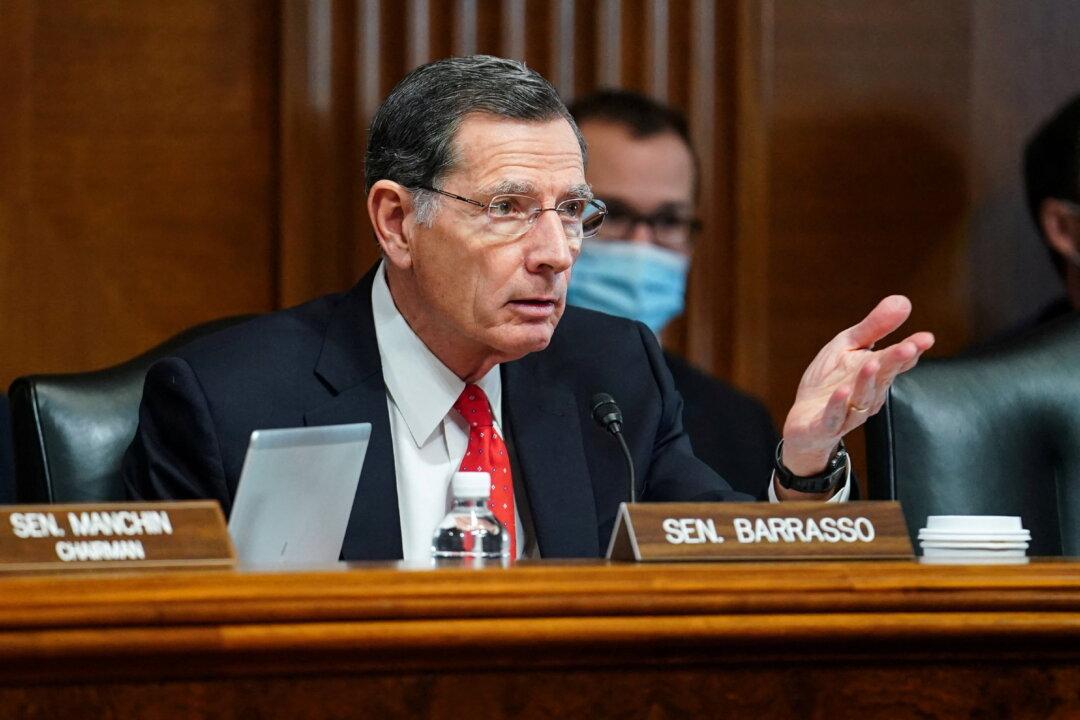Republican lawmakers are criticizing President Joe Biden over his decision to release 15 million barrels of oil from the Strategic Petroleum Reserve (SPR), arguing that his move was politically motivated and left the United States vulnerable to foreign adversaries.
“President Biden is draining the SPR to bailout Democrats ahead of the midterms, further surrendering our energy security AND national security to countries like Russia, China, Saudi Arabia, and Venezuela,” Republicans on the House Energy and Commerce Committee wrote on Twitter on Oct. 19.





